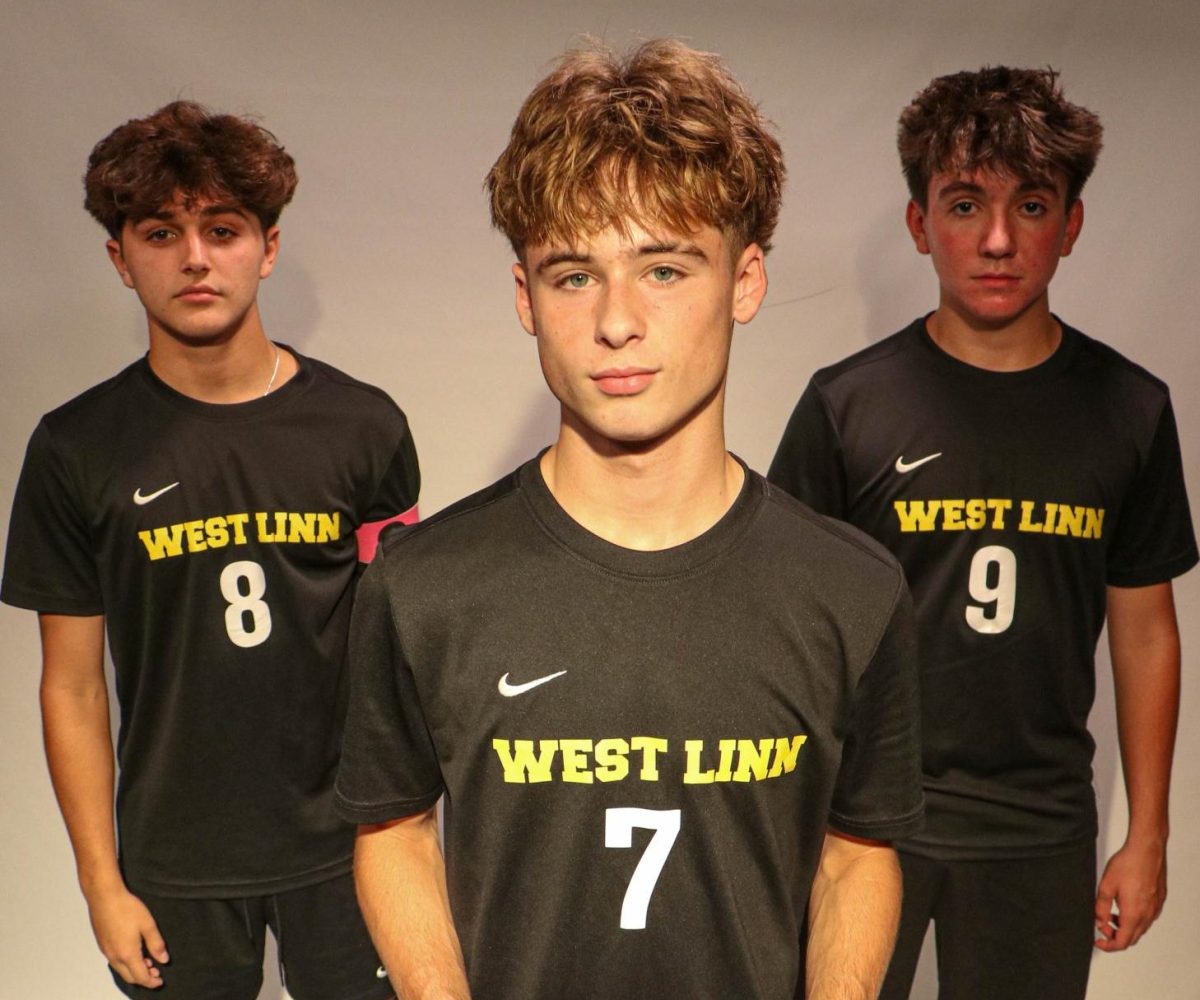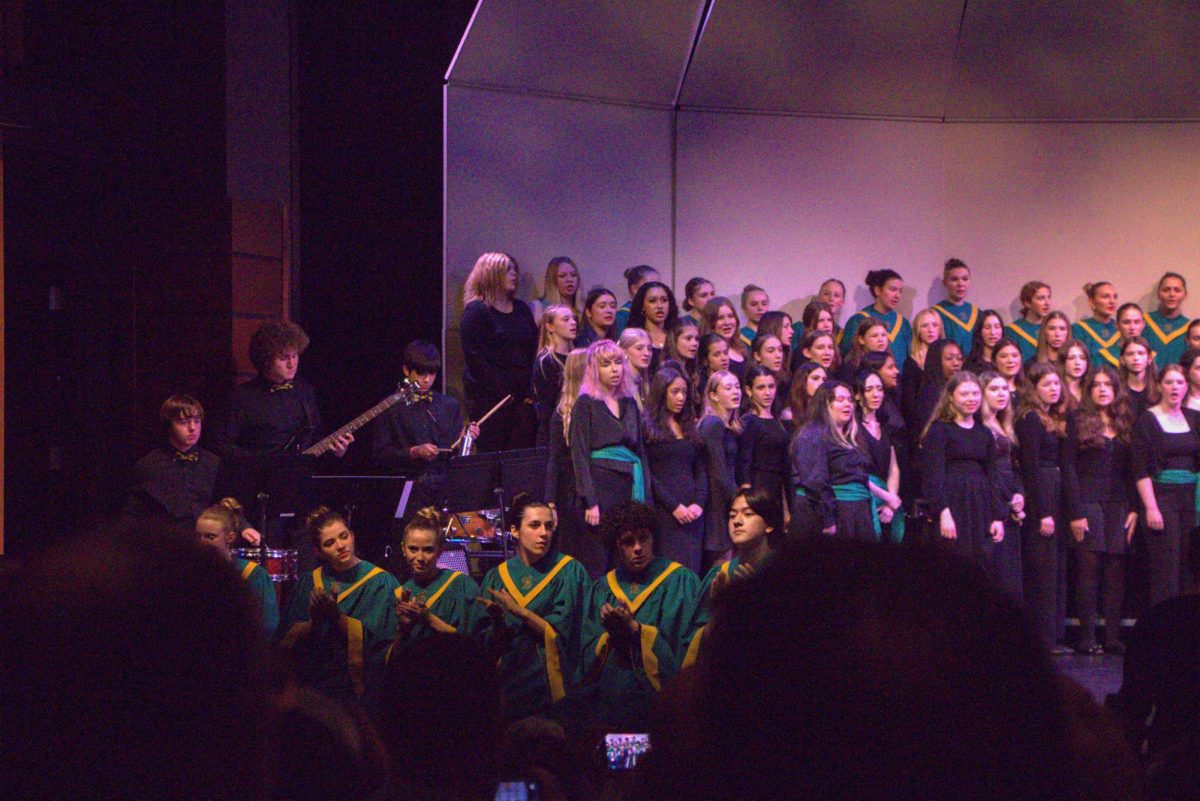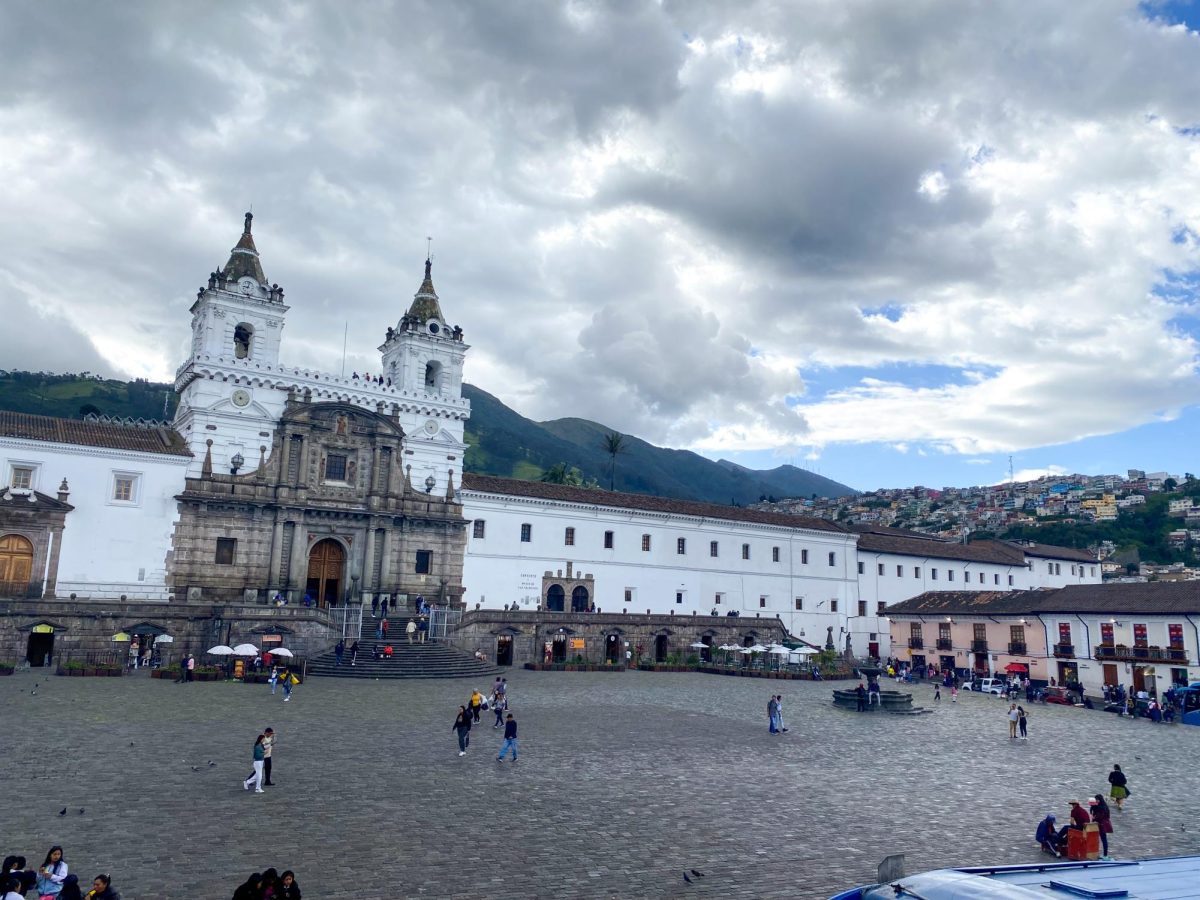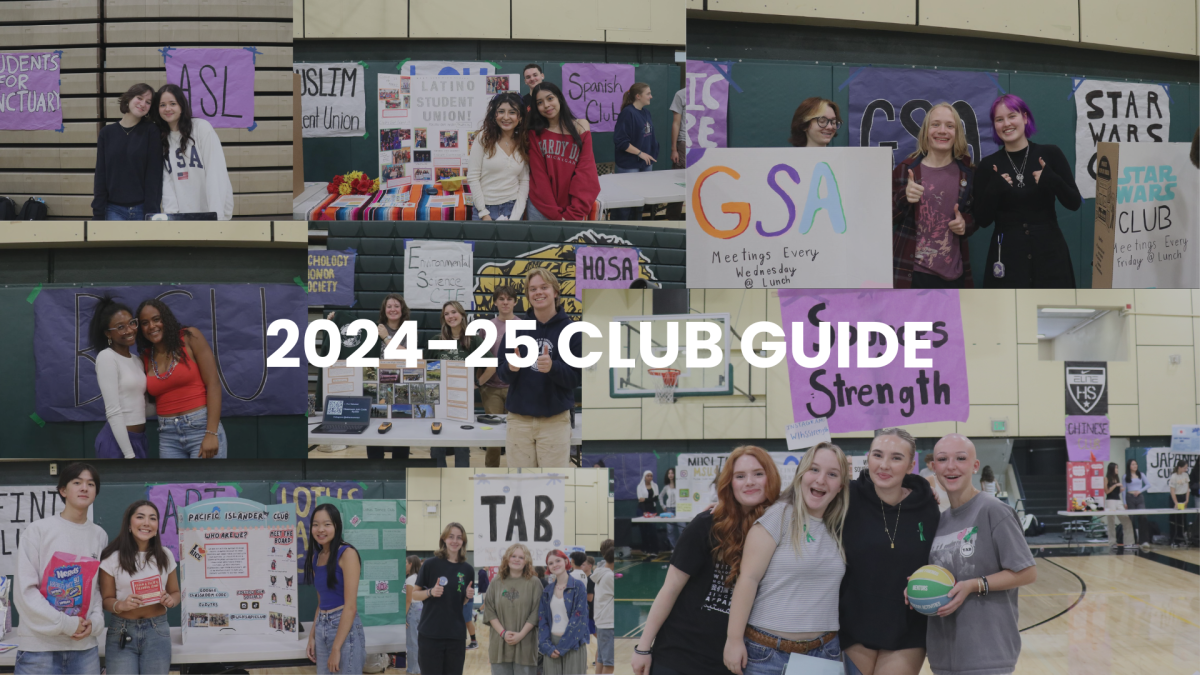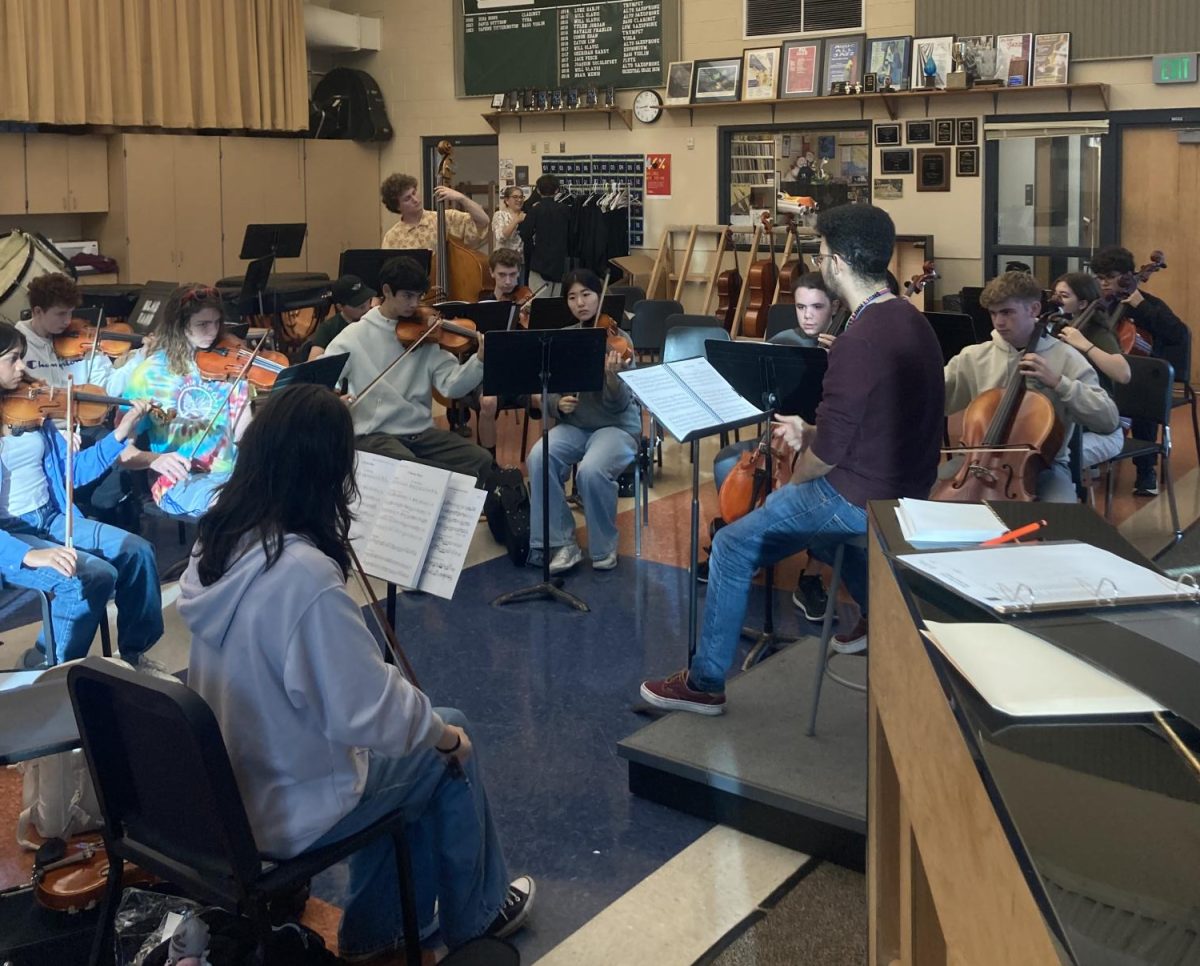Dedicated and determined, 35 members of our community traveled thousands of miles this past summer to the heart of Nicaragua. The majority of these members were fellow students of West Linn High School. These students devoted a few days of their summer to participate in various volunteer projects to aid the destitute people in Nicaragua’s most run-down region. You may have heard of the trip, but do you know what the mission was really about?
Last year, a few students were seen wearing black shirts with the logo ‘Forward Edge’ printed on it. Forward Edge is an organization that sends mission teams to various countries in need, like Haiti and Nicaragua. These students had been preparing since November to leave on their journey to Managua, Nicaragua from June 18 to June 24. Every month, all the members would meet and sacrifice much of their time to prepare and spend group bonding time together.
No amount of training or preparation, however, could ever match up to the real thing. Michaela Laughlin, sophomore, was a member of the expedition who shared with me what they really accomplished during this trip. When they first arrived there, she was appalled by the conditions that the people were living in. They were, literally, living in the dump. Among piles and piles of trash and waste were people trying to survive off of whatever they could find. “The hardest part was walking through the dump, seeing families live in the trash and children playing in the dirt,” she commented. The weather conditions were also drastic during the time they spent there. During the day, it was blazing hot, averaging around 90 degrees, but random pouring showers would also fall hard. The weather was “more bi-polar than Oregon”, a strong feat to accomplish.
Despite the harsh conditions, the members had to concentrate on their main goal. The main focus of the mission trip was to help out in a girls’ shelter called Villa Esperanza, a.k.a. the Village of Hope. The shelter, located a few miles out of the dump, housed and schooled girls who had been abused and mistreated while they lived in the dump. There, they built positive relationships with the girls and taught them what it was like being around amiable people. They also spent time providing maintenance for a public school during their stay.
“This trip really made me see what was going on in the world, and made me want to help out even more,” said Laughlin. Though the conditions were less than pleasant, and the environment considerably less suitable for living, these people accomplished many great things on this trip. When asked if she would participate in another mission trip to Nicaragua if she could, Laughlin replied with a definite, “Yes.”

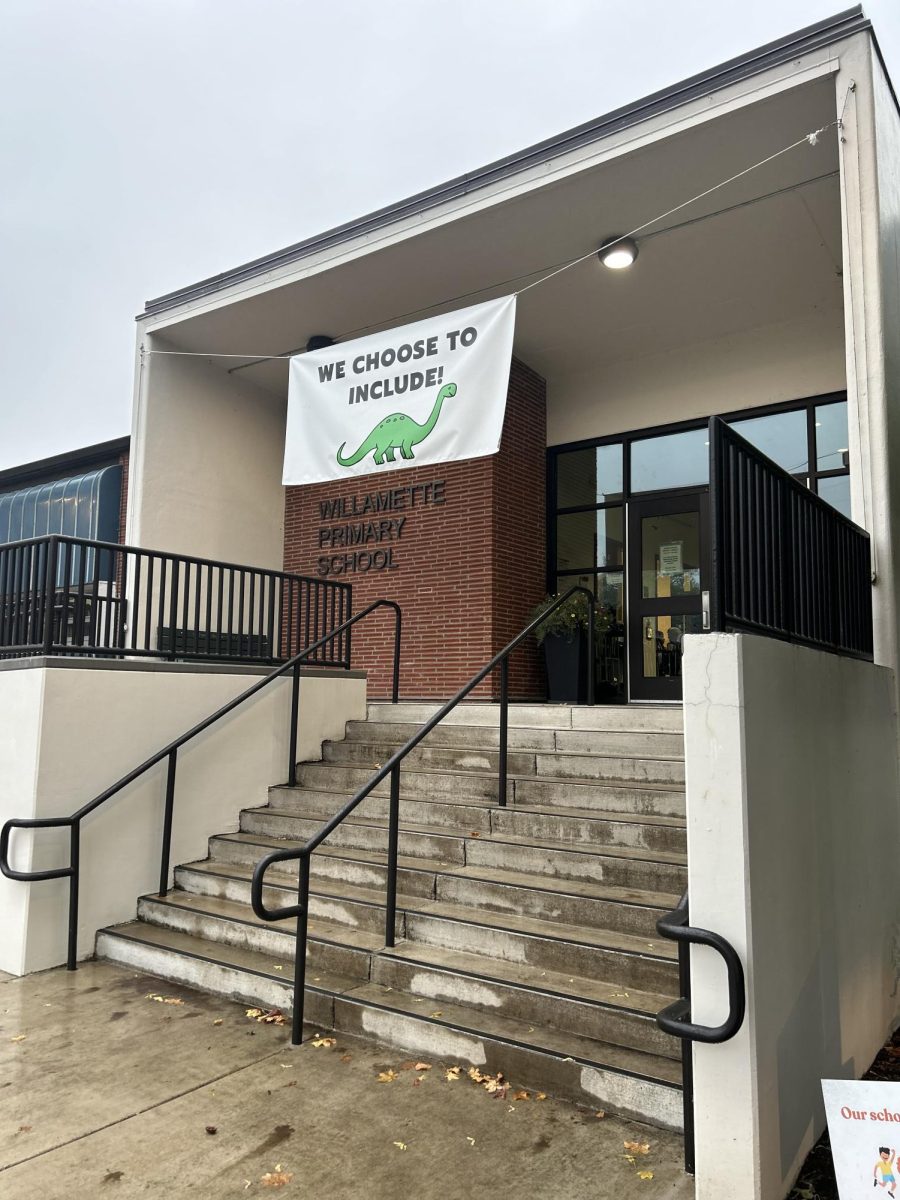



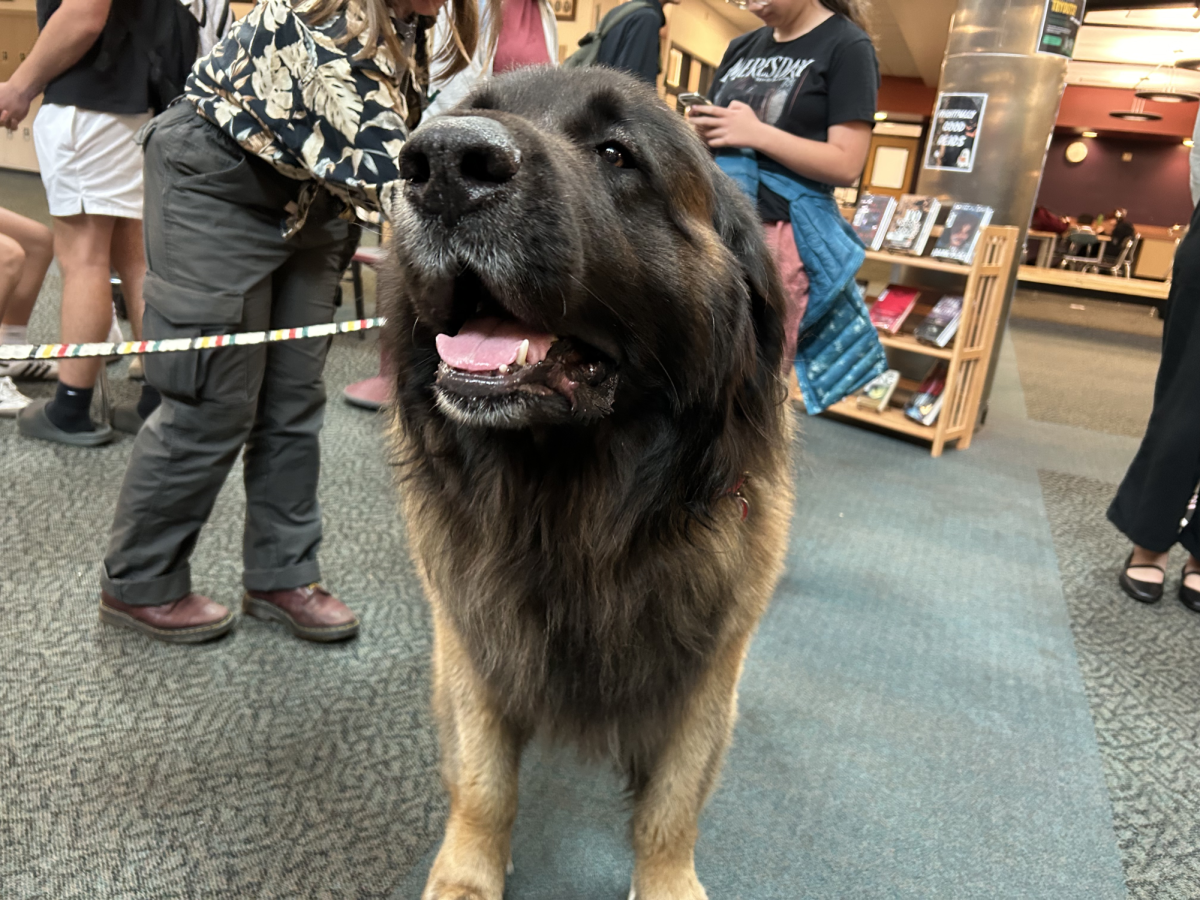























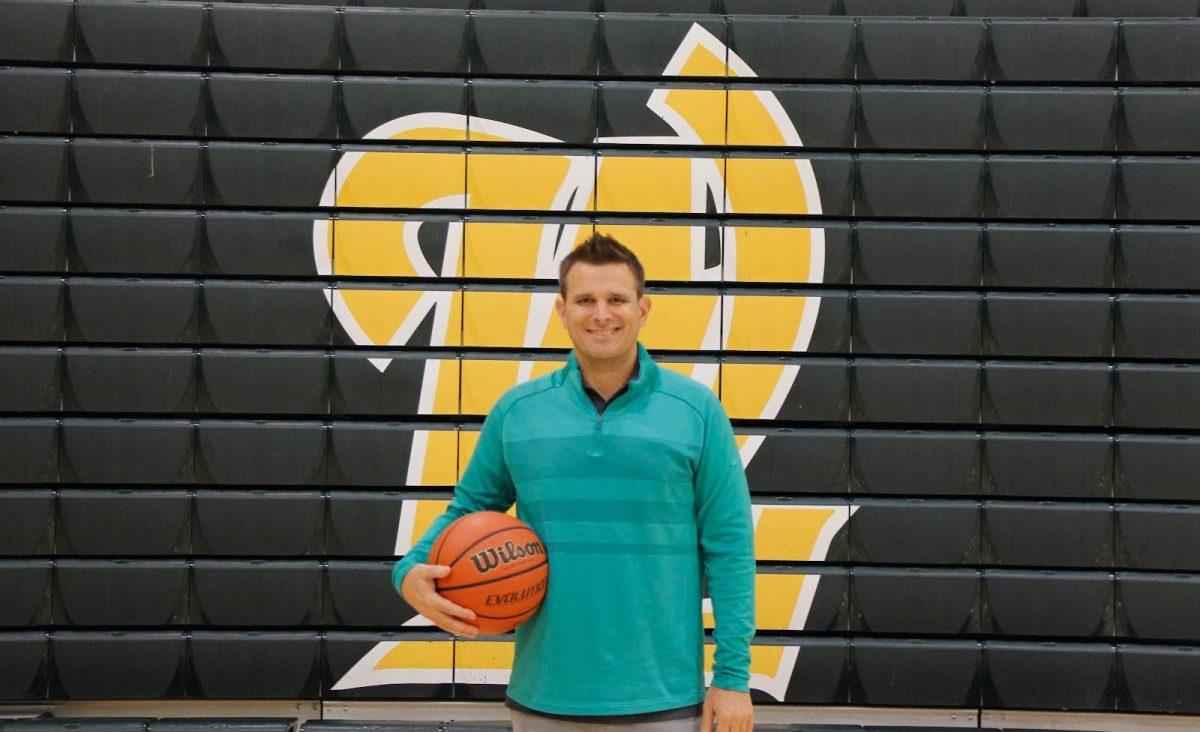







![At the bottom of the third inning, the Lions are still scoreless. Rowe stands at home plate, preparing to bat, while Vandenbrink stands off to the side as the next batter up. Despite having the bases loaded, the team was unable to score any runs. “It’s just the beginning of the season. We’re just going to be playing out best by June, [and] that’s where champions are,” Rowe said.](https://wlhsnow.com/wp-content/uploads/2024/03/IMG_3077-1200x900.jpg)




